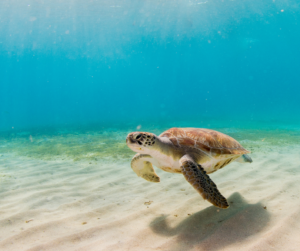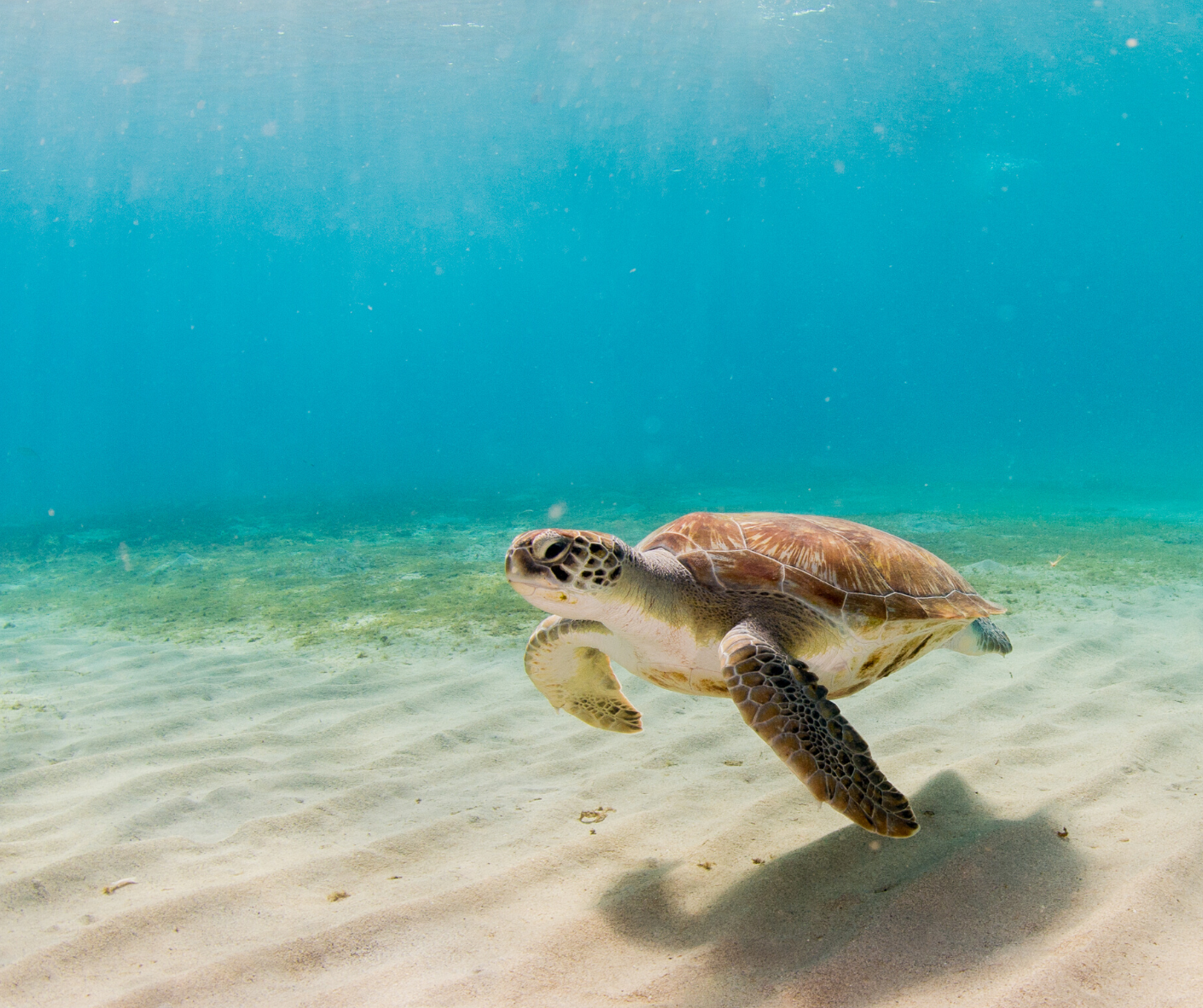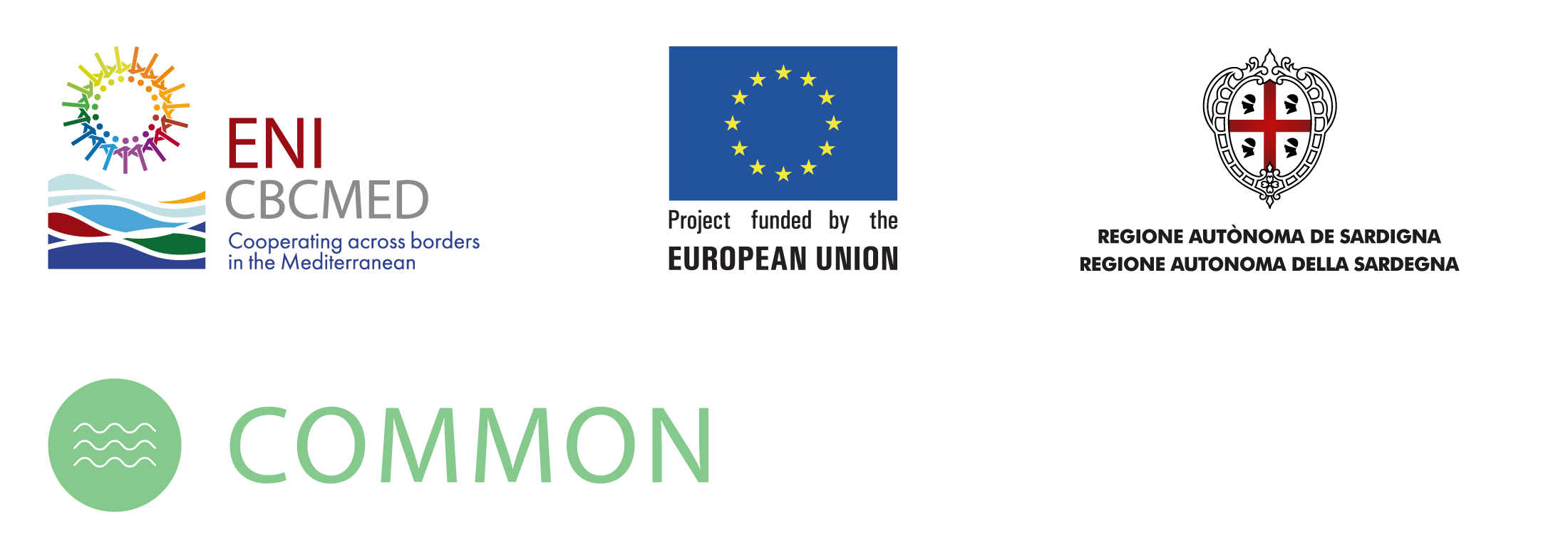SALVATAGGIO TARTARUGHE
 The Caretta caretta is the most common sea turtle in the Mediterranean Sea, and one of the species most affected by the marine litter. Many of them die from accidental catches, plastic ingestion and water traffic. In addition to this, nests are at risk.
The Caretta caretta is the most common sea turtle in the Mediterranean Sea, and one of the species most affected by the marine litter. Many of them die from accidental catches, plastic ingestion and water traffic. In addition to this, nests are at risk.
The Sea Turtle Rescue Centres are engaged in the first aid of sea turtles together with the fishermen. They provide these species, both ancient and delicate, with the necessary care to guarantee their health.
COMMON project will involve the Mediterranean turtles rescue centres (TRCs) in order to engage them in marine litter monitoring and disposal.
In each partner country, Turtle Rescue Centres will be actively involved to push their monitoring and preservation actions with citizens’ involvement. In Lebanon, Italy and Tunisia, fishermen will be involved in sea turtle rescuing, and in the annual monitoring program.
Moreover, Turtle Rescue Centres’ staff will be engaged in keeping data on marine litter items found in sea turtles and provide to the existing ML network, also after the project end.
COMMON project will build a Mediterranean network of at least 20 Sea Turtle Rescue Centres that will formally commit themselves to get and provide data about turtles affected by marine litter and to promote information events about ML and opportunities for visitors and stakeholders.

The Caretta caretta is the most common sea turtle in the Mediterranean Sea, and one of the species most affected by the marine litter. Many of them die from accidental catches, plastic ingestion and water traffic. In addition to this, nests are at risk.
The Sea Turtle Rescue Centres are engaged in the first aid of sea turtles together with the fishermen. They provide these species, both ancient and delicate, with the necessary care to guarantee their health.
COMMON project will involve the Mediterranean turtles rescue centres (TRCs) in order to engage them in marine litter monitoring and disposal.
In each partner country, Turtle Rescue Centres will be actively involved to push their monitoring and preservation actions with citizens’ involvement. In Lebanon, Italy and Tunisia, fishermen will be involved in sea turtle rescuing, and in the annual monitoring program.
Moreover, Turtle Rescue Centres’ staff will be engaged in keeping data on marine litter items found in sea turtles and provide to the existing ML network, also after the project end.
COMMON project will build a Mediterranean network of at least 20 Sea Turtle Rescue Centres that will formally commit themselves to get and provide data about turtles affected by marine litter and to promote information events about ML and opportunities for visitors and stakeholders.
